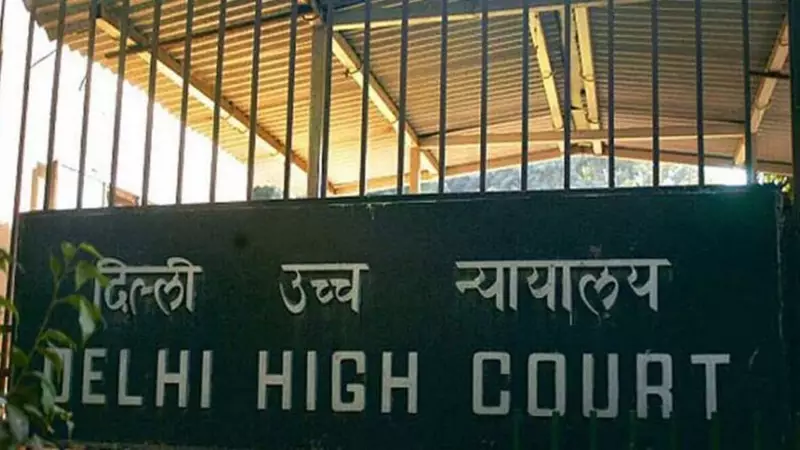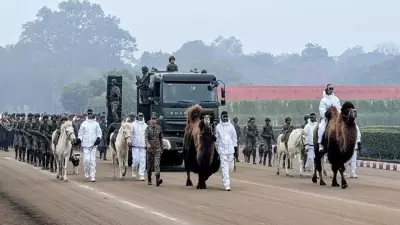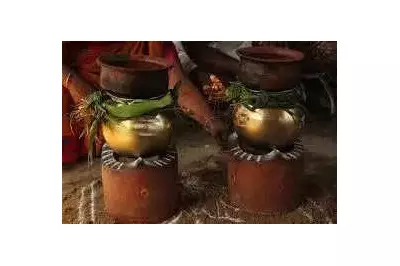
In a significant ruling that underscores the absolute nature of child protection laws, the Delhi High Court has refused to quash criminal proceedings against a man booked under the Protection of Children from Sexual Offences (POCSO) Act for marrying a minor girl, despite the victim now being an adult and describing their relationship as consensual.
The Legal Dilemma: Statute Versus Equity
Justice Sanjeev Narula, in his November 14 order, described this as "one of those hard cases where the pull of equity is strong, but the command of the statute is stronger." The court emphasized that it cannot create exceptions to statutory law merely because the victim, who was approximately 16 years old at the time of marriage, now claims the relationship was consensual.
The case came before the court when the woman, now an adult, sought quashing of criminal proceedings against her husband and family members. The legal action originated in 2023 after a domestic violence call was made to the police helpline number.
POCSO Act: No Room for Consent Defense
Justice Narula made a crucial distinction between the POCSO Act and the Indian Penal Code's provisions on rape. Unlike IPC Section 375, which examines consent as an element of the offense, the POCSO Act "does not treat absence of consent as a constituent element when the victim is a child."
The court firmly stated that "since Parliament has fixed 18 as the age below which the law refuses to recognise sexual consent, this court, exercising jurisdiction under Article 226 of the Constitution, cannot, in the guise of doing equity, write in a judge-made exception for 'near-majority, consensual relationships'."
Broader Implications for Child Protection
The ruling carries significant implications for how courts handle cases involving underage marriages and sexual relationships. The court expressed concern that quashing such prosecutions could be perceived as judicial endorsement of underage marriages provided the parties later present themselves as a settled family.
Justice Narula observed that "courts cannot ignore the possibility that what appears, on the surface, as voluntary acquiescence by a 16-year-old may, in fact, be the product of familial pressure or community expectations, especially once pregnancy has occurred."
The human dimension of the case was particularly poignant, with the couple bringing their infant child, born in January 2024, to court. The court acknowledged that "seeing the victim with her infant child brings home that these proceedings are tied to the stability of a young family" while maintaining that subsequent developments cannot retrospectively legalize conduct that was illegal when it occurred.
The court concluded that allowing such exceptions would undermine the legislative purpose of both POCSO and child marriage laws, which aim to deter early marriage and sexual exploitation of children. The case will now proceed to trial, where the court emphasized that the proper inquiry should focus on establishing the child's age and occurrence of the prohibited act, rather than examining consent.





